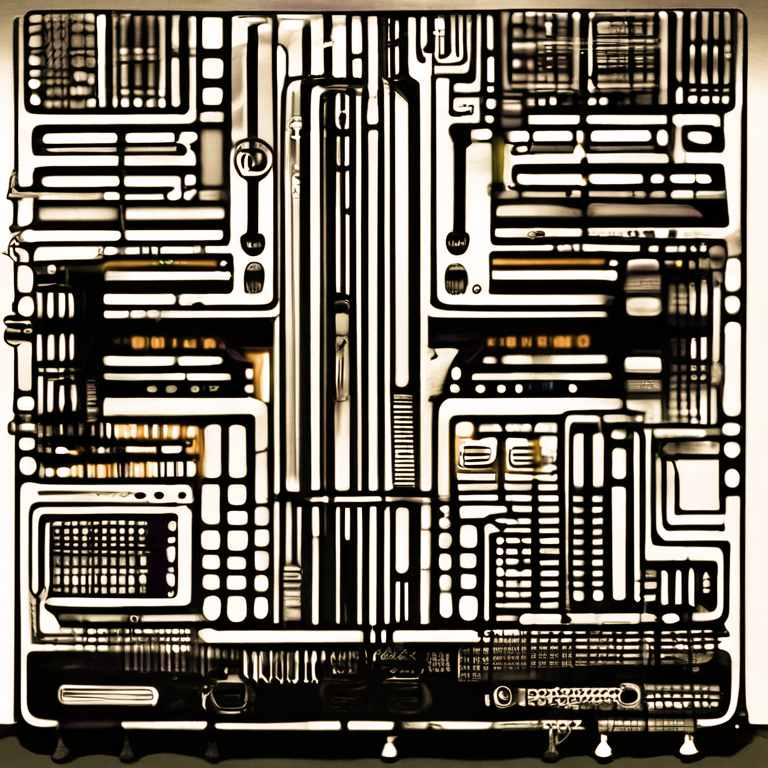A mature secure remote access strategy includes comprehensive access control policies, role-based access control (RBAC), phishing-resistant MFA, and secure communication channels such as VPNs and encrypted protocols. Regular security checks, incident response plans, and continuous monitoring are essential for maintaining the security of industrial processes. Adopting a zero-trust model enhances security by enforcing continuous verification and micro-segmentation, reducing the attack surface.
Executives emphasize the importance of aligning remote access strategies with regulatory requirements like NIS2, GDPR, HIPAA, and NERC CIP. Failing to comply can lead to significant penalties and reputational damage. Key indicators of a mature secure remote access strategy include mandatory MFA, least privilege access controls, and the use of protocol isolation instead of ubiquitous VPNs.
Organizations are encouraged to conduct gap analyses, develop action plans, and continuously reassess their security measures to address emerging threats. Investing in the latest technologies and proactive vigilance will help preserve the security and integrity of critical infrastructure in an increasingly digital world.
Source: Industrial Cyber
To mitigate potential threats, it is important to implement additional cybersecurity measures with the help of a trusted partner like INFRA www.infrascan.net, or you can try yourself using check.website.

